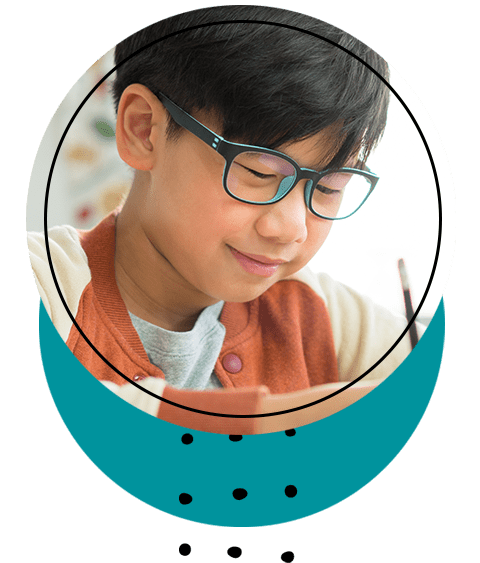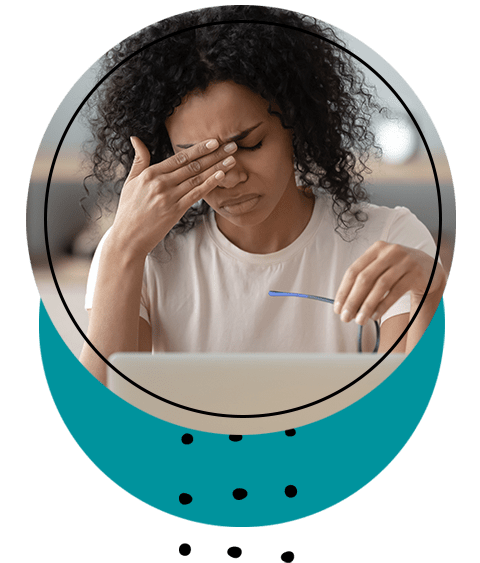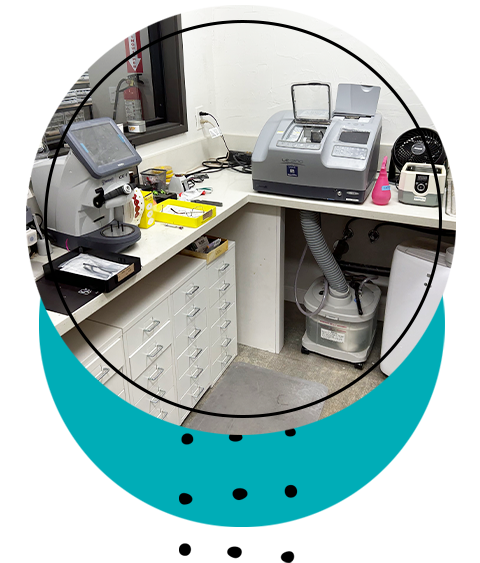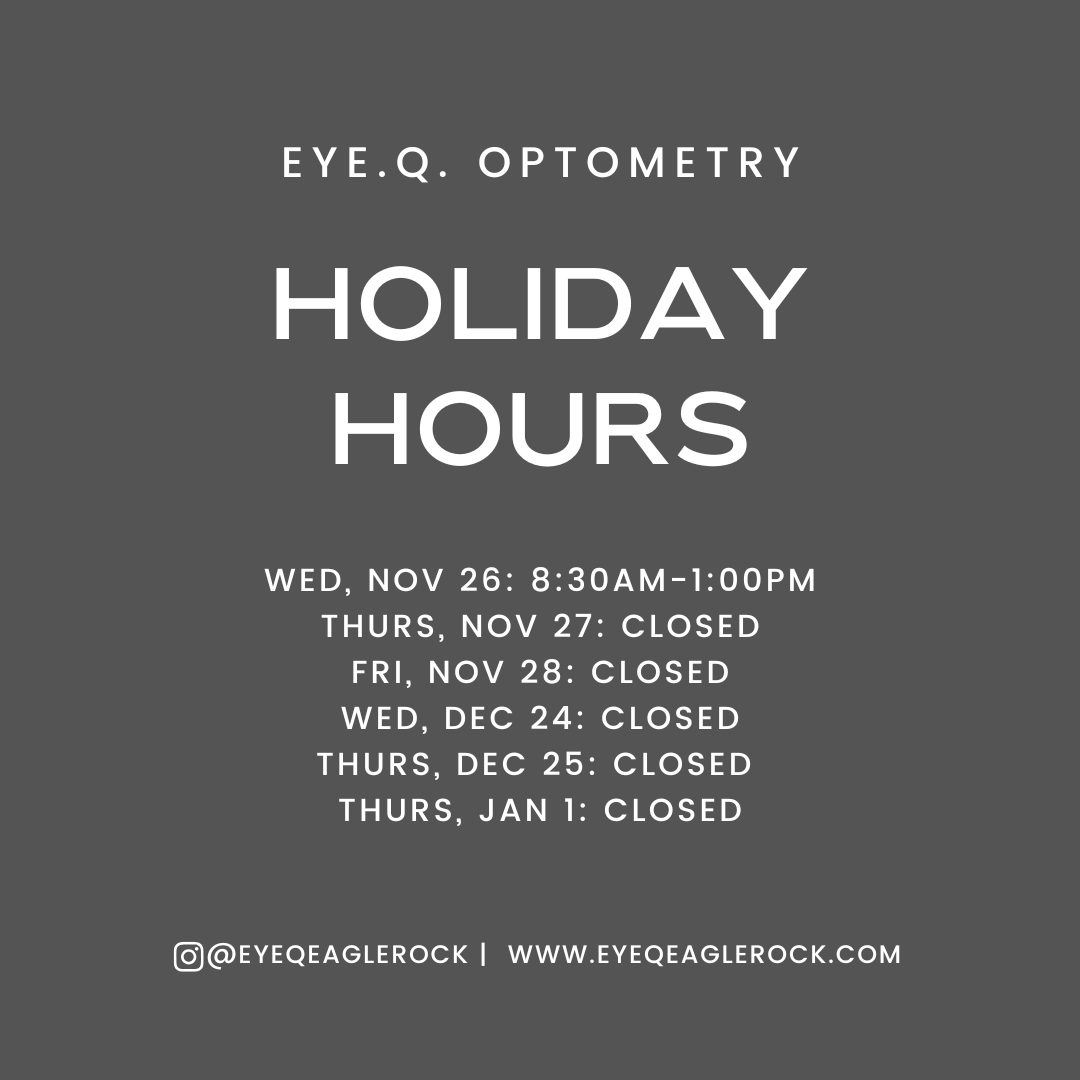Controlling the Progression of Myopia Early
Myopia (nearsightedness) is a common vision condition that can affect your child’s distance vision from a young age.
While standard solutions like eyeglasses and contact lenses can help address the visual challenges caused by myopia, they do not always address the root cause or slow down its progression. That’s where myopia control comes in.
We offer myopia control methods such as soft contact lenses, atropine drops, and behavioral modifications. If you’re worried about the long-term visual health and sight of your children, reach out to us to schedule an appointment to see how we can help today.
Book AppointmentWhat Is Myopia Control?
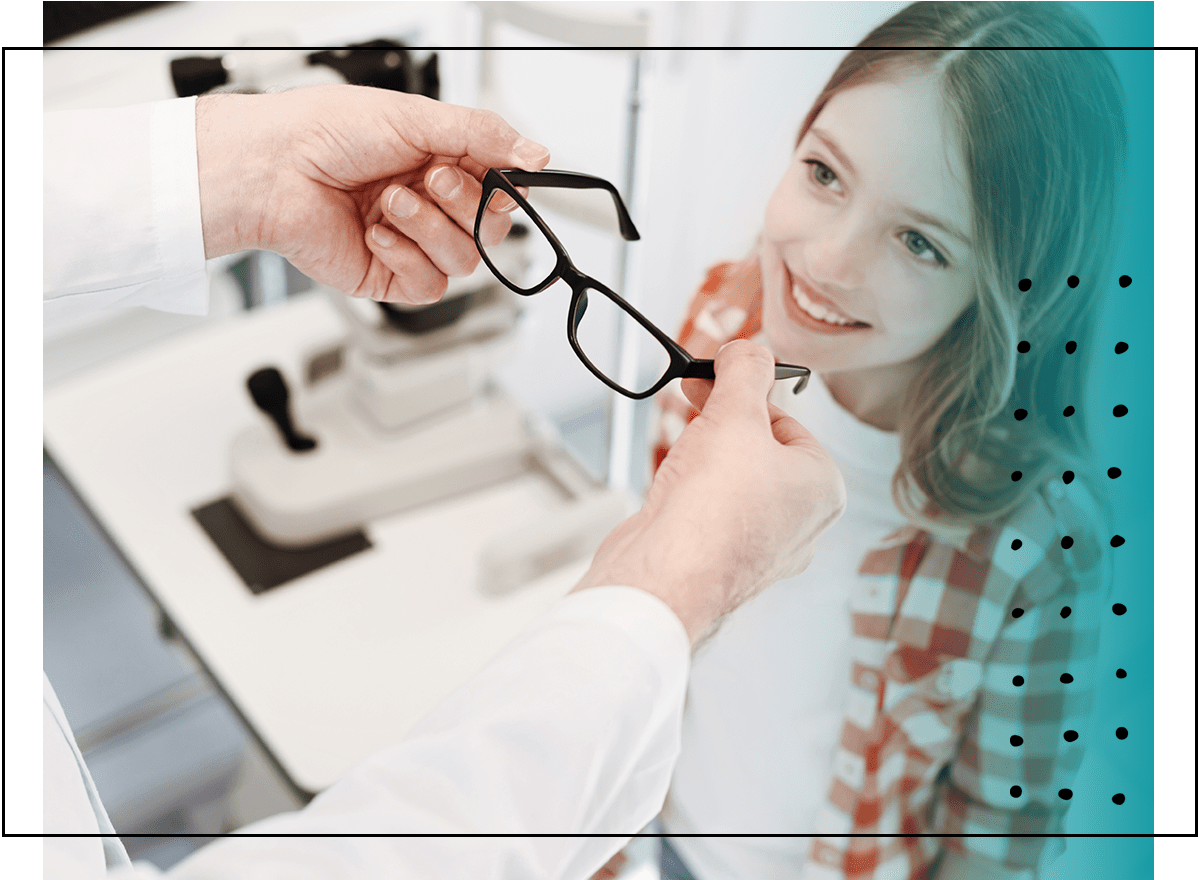
Myopia control is an area of eye care that uses various tools and treatments to prevent or slow your child’s myopia progression. Depending on your little one’s specific needs, our team will be able to prescribe management options such as:
- Soft multifocal contacts
- Low-dose atropine drops
- DIY guides for parents
- Behavioral modifications
Our team is here to help your child’s world stay in focus for years to come!
Book Appointment
Does My Child Need Myopia Control?
Some common signs and symptoms of myopia can include:
- Blurry vision when looking at faraway objects
- Headaches
- Squinting to see distant objects
- Eye strain
If you’re concerned about your child’s myopia and notice signs of it affecting them in school and in other aspects of their daily lives, a comprehensive eye exam can help you find out if your child can benefit from myopia control at Eye.Q. Optometry.
Learning & Vision Problems
When kids have trouble with their eyesight, it can impact their daily life at school and cause challenges with reading from a distance, seeing the board, and participating in sports and other activities. This can lead to stress and confusion, and if left undiagnosed, it may cause them to fall behind their peers.
With professional care and treatment options for myopia, such as MiSight contact lenses, we can help your child excel both inside and outside the classroom.
Our Myopia Control Solutions
If you’re concerned about your child’s vision, we can help.
We offer several myopia control solutions at our practice, such as soft contact lenses, and atropine drops. Consistent eye exams are also important for helping our team stay updated on any changes in your child’s vision.
MiSight Contact Lenses
MiSight 1 day daily disposable contact lenses by CooperVision are specifically designed to slow the progression of myopia in children. These soft contact lenses have a central zone that corrects their nearsightedness for clear vision and an outer ring treatment zone that slows the progression of myopia.
Soft Multifocal Contacts
Soft multifocal contact lenses are designed with multiple zones. The central zone corrects the prescription, while the peripheral zones are tailored to alter the way light focuses on the retina, providing a stop signal for excessive eye growth, which is a key factor in myopia progression.
Low-Dose Atropine Drops
Low-dose atropine is a promising treatment method for children with myopia. Studies have shown that a low dose of atropine in eye drop form can help slow myopia progression in children to reduce the risk of severe nearsightedness.
Low-dose atropine drops help by suppressing the eye’s growth to slow myopia progression. This treatment is typically prescribed as a daily drop, administered in the evening before bedtime.
Behavioral Modifications
Behavioral modifications can play a significant role in the control and management of myopia. Implementing certain lifestyle changes can help reduce the progression of myopia. One key modification is increasing time spent outdoors, as it has been linked to a lower risk of developing myopia. Additionally, reducing near-work activities, such as reading or screen time, can also be beneficial.
DIY Myopia Control Guide for Parents
As parents, we pour our hearts into creating the best possible life for our children, ensuring they’re not just happy and healthy, but also flourishing. That’s why we invite you to discover more about your child’s eye health and learn effective strategies to minimize the progression of myopia.
Children with moderate to high myopia have a higher likelihood of developing conditions such as cataracts, macular degeneration, glaucoma, retinal detachment, and myopic maculopathy compared to their peers.
Our DIY guide is for parents of all children and teens to help delay or slow the progression of myopia, but it’s important to remember that it’s not a substitute for care and treatment from an eye doctor.
Increasing Outdoor Time
Did you know that the amount of time your child spends basking in the sunshine can have a direct effect on their eye health? Studies have shown that myopia development can be affected by how much time per day a child spends outdoors, especially during the day and in the sunshine.
We recommend that children aged 6 and above spend at least 2 hours per day outdoors in daylight. Just remember to follow health guidelines by wearing sunglasses, sunscreen, and sun hats—and drink plenty of water to stay hydrated.
Limiting Screen Time
Screen time is a big part of almost every child’s daily routine. It’s no coincidence that screen time coincides with the rise of childhood myopia.
If your child has myopia or is at risk of developing it, we recommend limiting your child’s daily screen time to no more than 2 hours for children over the age of 2, excluding homework. Toddlers and babies should have as little screen time as possible.
Limiting screen time and increasing the distance between children’s eyes and their screens also helps minimize the uncomfortable symptoms of digital eye strain, like headaches and blurred vision.
Encouraging Frequent Breaks
We know your kids may love reading a book and watching their favorite TV shows, but we recommend you interrupt them for a break every 20 minutes on average. A great strategy for this is the 20-20-20 rule.
Every 20 minutes, look up from whatever you’re focusing on and stare at an object at least 20 feet away for at least 20 seconds. This helps relax the eye muscles and break visual concentration.
Scheduling Regular Eye Exams
One of the most important strategies is getting yearly, consistent eye exams for all children and teens, especially those with myopia or those at a higher risk of developing it.
When you visit us for an eye exam, we can become more familiar with your child’s eye health and recommend specific myopia control strategies and exam schedules to help them enjoy clear, healthy vision.
Myopia Control Solutions at Eye.Q. Optometry
Dr. Yap and the team at Eye.Q. Optometry are always looking for new ways to spread awareness about the importance of myopia control. Our clinic is your destination to learn more about myopia, get innovative treatment options, and see your kids enjoying clear vision.
Don’t delay in addressing myopia early for your kids—contact us to schedule an appointment today.
Book AppointmentOur Services
Our Brands


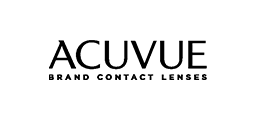

Our Google Reviews
4.9 stars with over 400 reviews!
Our Blogs
How Safe Is It To Rinse Your Eyes With Tap Water?
UncategorizedOur eyes are among our body’s most essential and sensitive organs. They can be exposed to different irritants, such as dust, smoke, and allergens, which can cause discomfort, redness, and even infections. As a result, many people turn to rinsing their eyes but the question is: how safe is it to rinse your eyes with […]
Your Eyes As A Window Into Your Whole-Body Health
UncategorizedDid you know that your eyes are often the first line of defense when it comes to detecting and treating many common systemic diseases and conditions? It’s true! Signs of conditions such as diabetes and multiple sclerosis can first begin to show up in the eyes. This makes a comprehensive eye exam at our Los […]
How Safe Is It To Rinse Your Eyes With Tap Water?
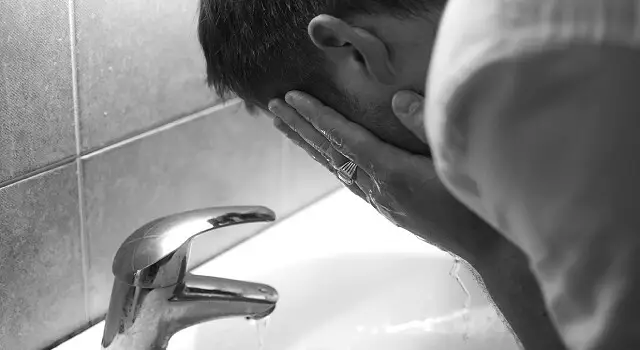
Our eyes are among our body’s most essential and sensitive organs. They can be exposed to different irritants, such as dust, smoke, and allergens, which can cause discomfort, redness, and even infections. As a result, many people turn to rinsing their eyes but the question is: how safe is it to rinse your eyes with […]
Your Eyes As A Window Into Your Whole-Body Health
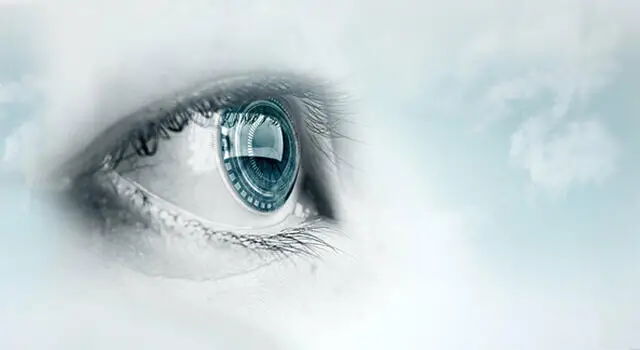
Did you know that your eyes are often the first line of defense when it comes to detecting and treating many common systemic diseases and conditions? It’s true! Signs of conditions such as diabetes and multiple sclerosis can first begin to show up in the eyes. This makes a comprehensive eye exam at our Los […]



